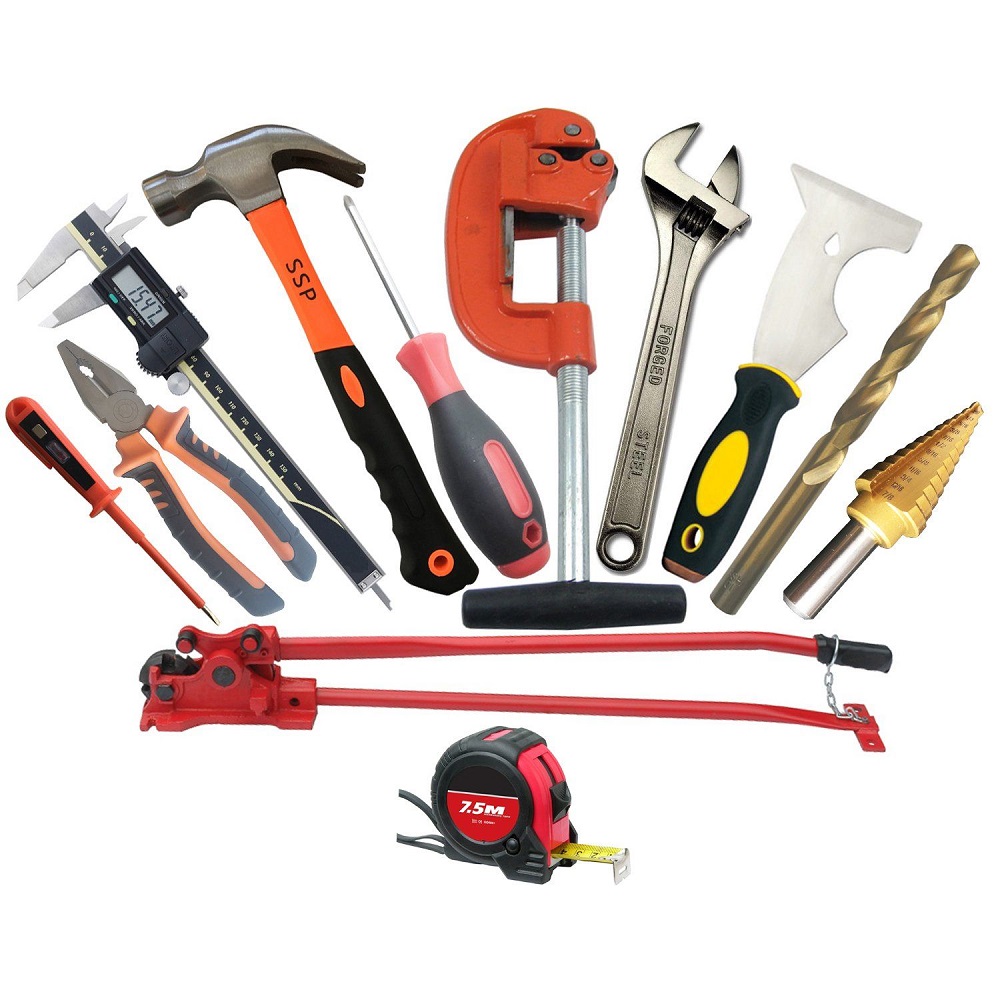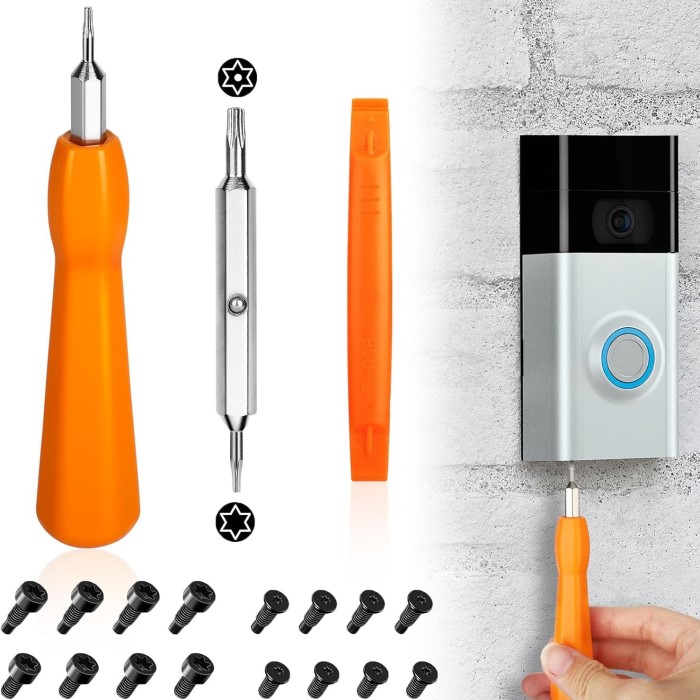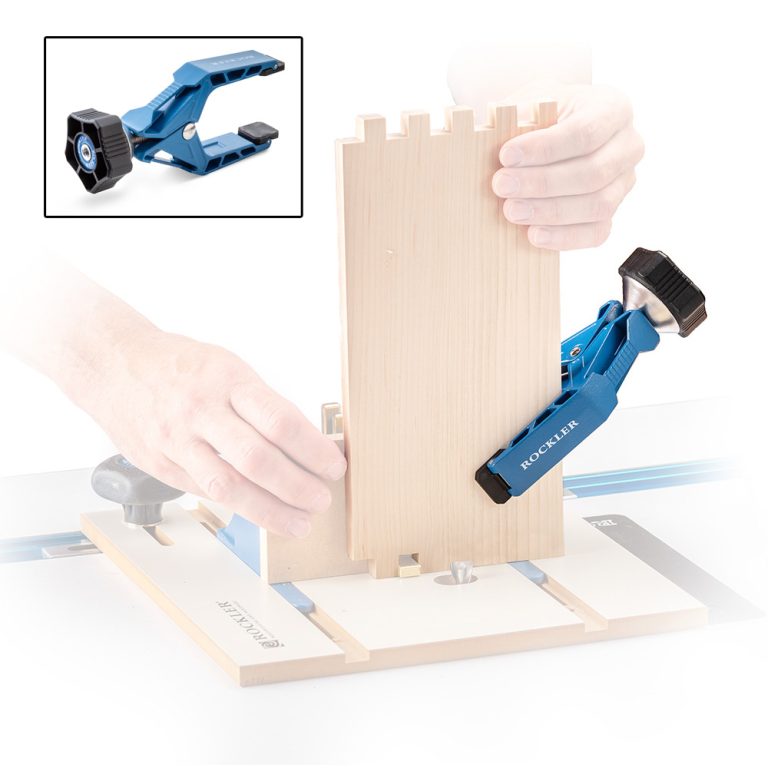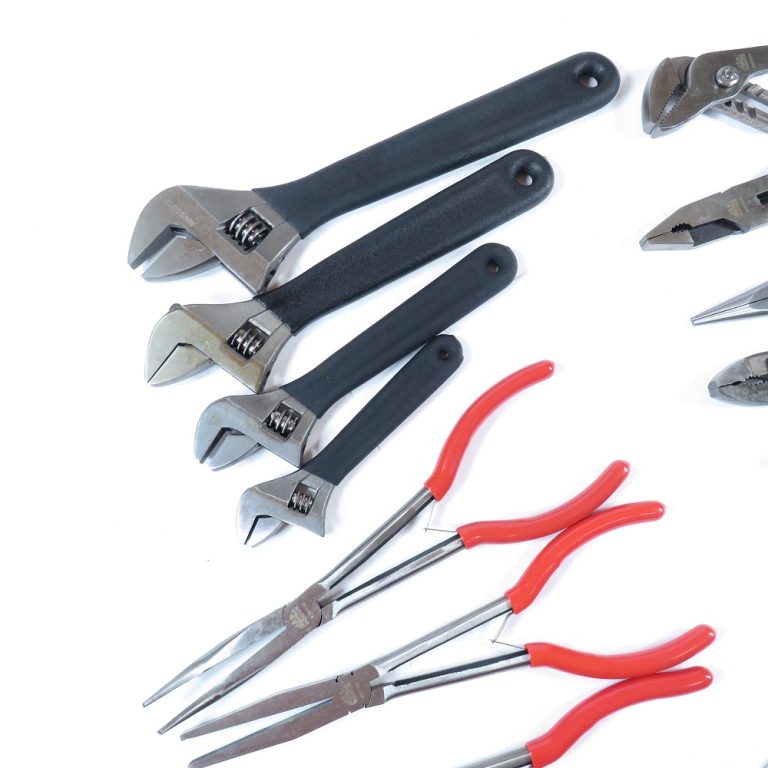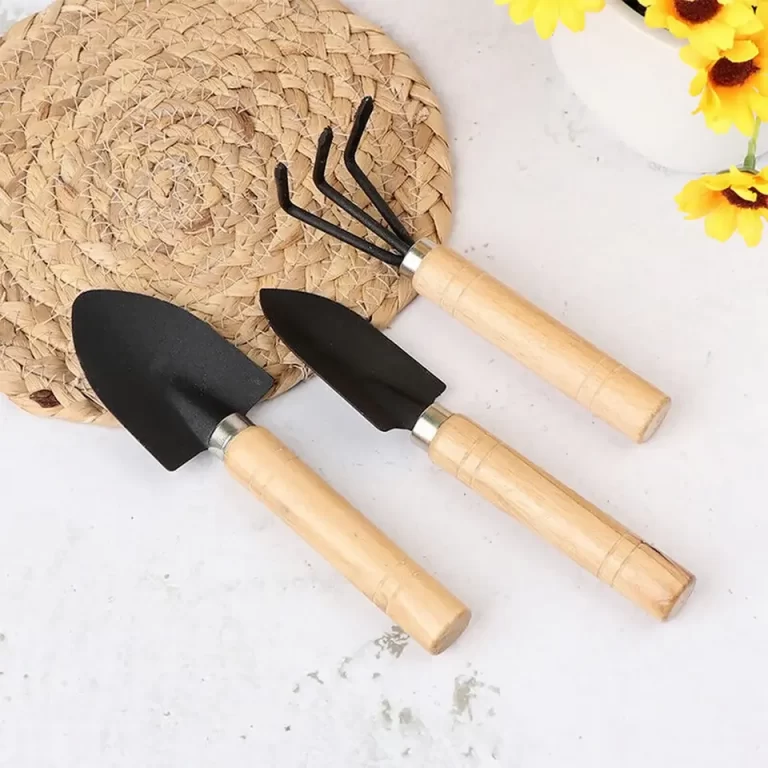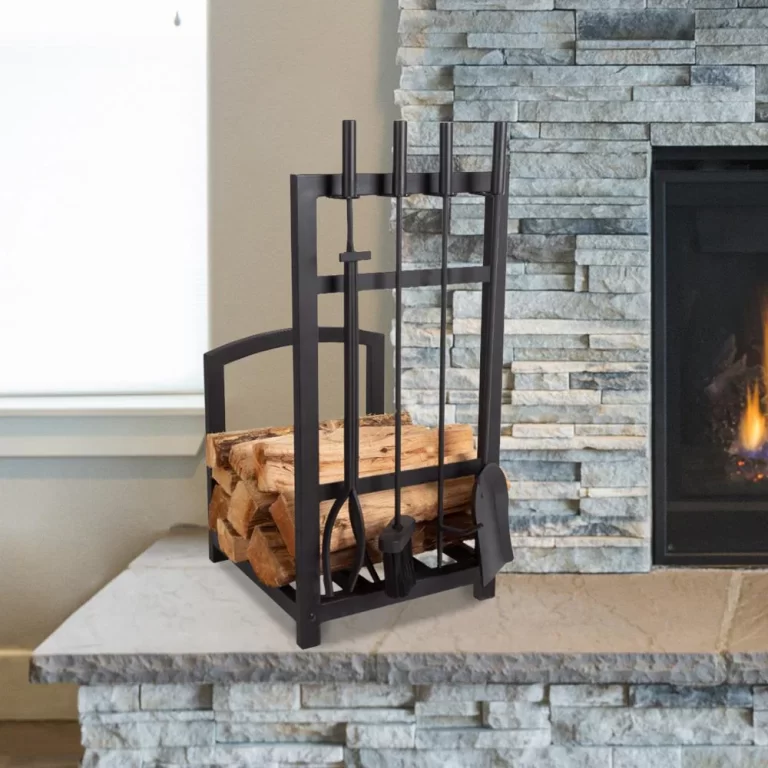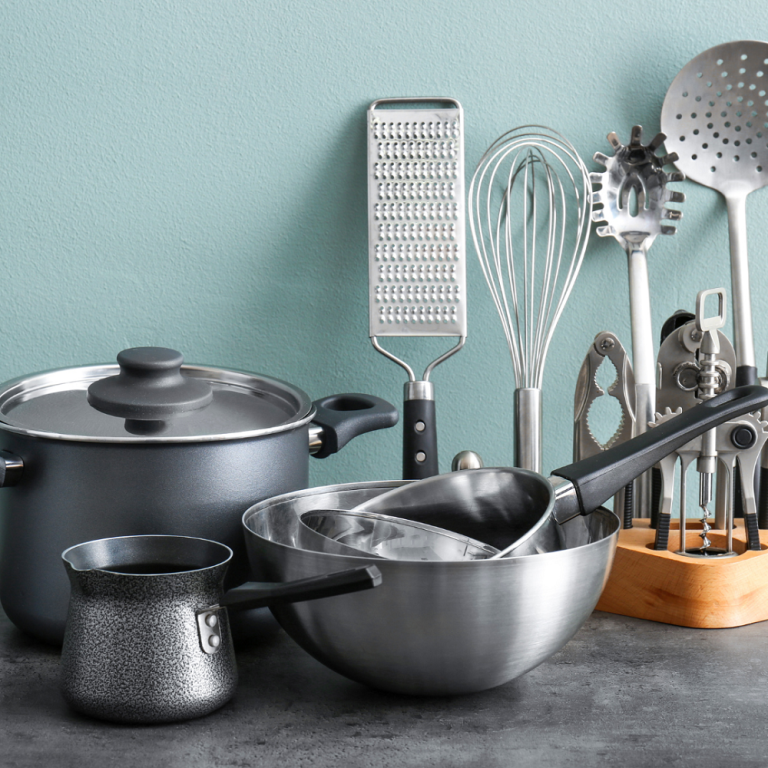Building a reliable toolkit is essential for anyone, whether you are a seasoned DIY enthusiast, a professional tradesperson, or a beginner wanting to tackle household projects. Hand tools play a crucial role in performing a wide variety of tasks, from basic repairs to complex projects. A well-curated toolkit not only improves efficiency but also enhances the quality of your work. In this article, we will explore the essential hand tools you need, how to choose the right tools, tips for proper usage, and maintenance to create your ultimate toolkit for every task.
Understanding the Importance of Hand Tools
Why Hand Tools Matter
Hand tools are invaluable because they allow for precision and control that power tools may not provide. Many tasks, such as woodworking, plumbing, or general repairs, can be performed more accurately with hand tools. This precision is especially important for intricate projects where detail is crucial. Additionally, hand tools are often more portable and easier to store, making them ideal for smaller workshop spaces or remote job sites.
Building Skills and Technique
Using hand tools also helps develop essential skills and techniques. When you rely on hand tools, you gain a deeper understanding of the task at hand. You learn how to measure, cut, and fasten with greater care. These skills are fundamental to any repair or building project, and mastering them makes you a more competent and confident DIYer. The tactile feedback provided by hand tools allows users to refine their technique over time, leading to high-quality results.
Cost-Effective Solutions
Hand tools are a cost-effective solution for many home improvement projects. While power tools can carry hefty price tags, a set of quality hand tools will generally be more affordable. Moreover, hand tools require less maintenance and spare parts than their electric counterparts. Investing in a good selection of hand tools can save money in the long run, especially if you frequently carry out repairs or renovations around your home.
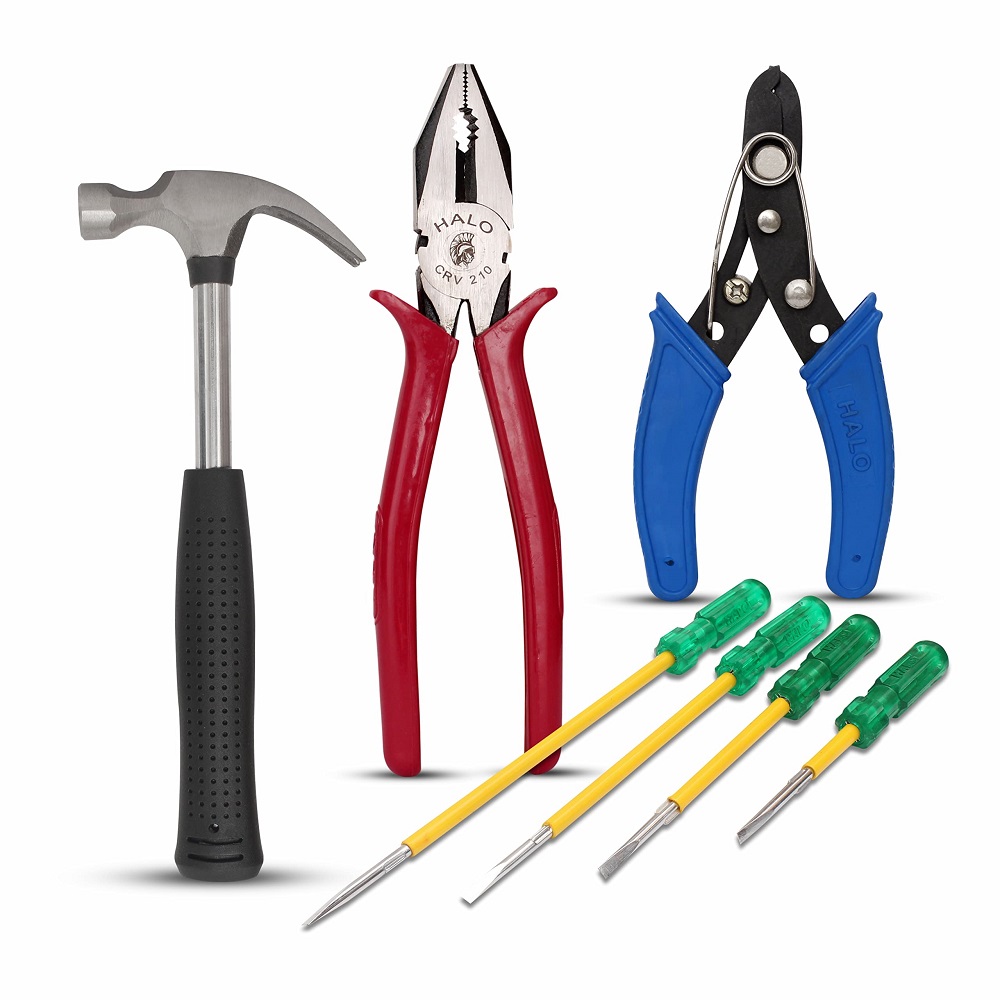
Essential Hand Tool for Your Toolkit
Basic Hand Tools
Every toolkit should include basic hand tools that are versatile and multipurpose. Key items include a hammer, screwdriver set, pliers, and adjustable wrench. These tools can handle a wide range of tasks, such as hanging pictures, assembling furniture, and tightening loose screws. Investing in quality versions of these basic tools ensures that they will last for years and stand up to frequent use.
Hammer and Screwdrivers
A hammer is essential for driving nails and breaking apart materials. When selecting a hammer, consider the weight and balance. Choose a 16-ounce hammer for general use, as it provides enough power without causing fatigue. A screwdriver set should include a variety of flathead and Phillips head screwdrivers in different sizes. This diversity is crucial because various screws may require specific types of screwdrivers.
Advanced Hand Tools
Once the basics are covered, consider adding more advanced hand tools to your toolkit. These can include a level, tape measure, utility knife, and a square. A level ensures that your projects are aligned correctly, while a tape measure provides accurate measurements for cutting and fitting materials. A utility knife is a practical tool for opening boxes, cutting wire, or scoring surfaces, and a square ensures that corners are at a precise right angle.
Precision Tools
In a toolkit, precision tools like a caliper gauge and a marking knife can be invaluable. A caliper gauge allows you to measure the thickness of materials accurately, while a marking knife enables you to make clean, precise cuts. Having these tools on hand can significantly increase the quality of your projects by allowing you to work with enhanced accuracy.
Specialty Hand Tools
Depending on your specific interests and projects, you may want to invest in specialty hand tools. For example, if you enjoy woodworking, consider adding chisels, a coping saw, and a hand plane to your toolkit. These tools will enable you to shape wood and create intricate designs. For gardening enthusiasts, trowels, pruners, and garden forks should be included. Understanding the specific tasks you want to accomplish will guide your decision-making when choosing specialty tools.
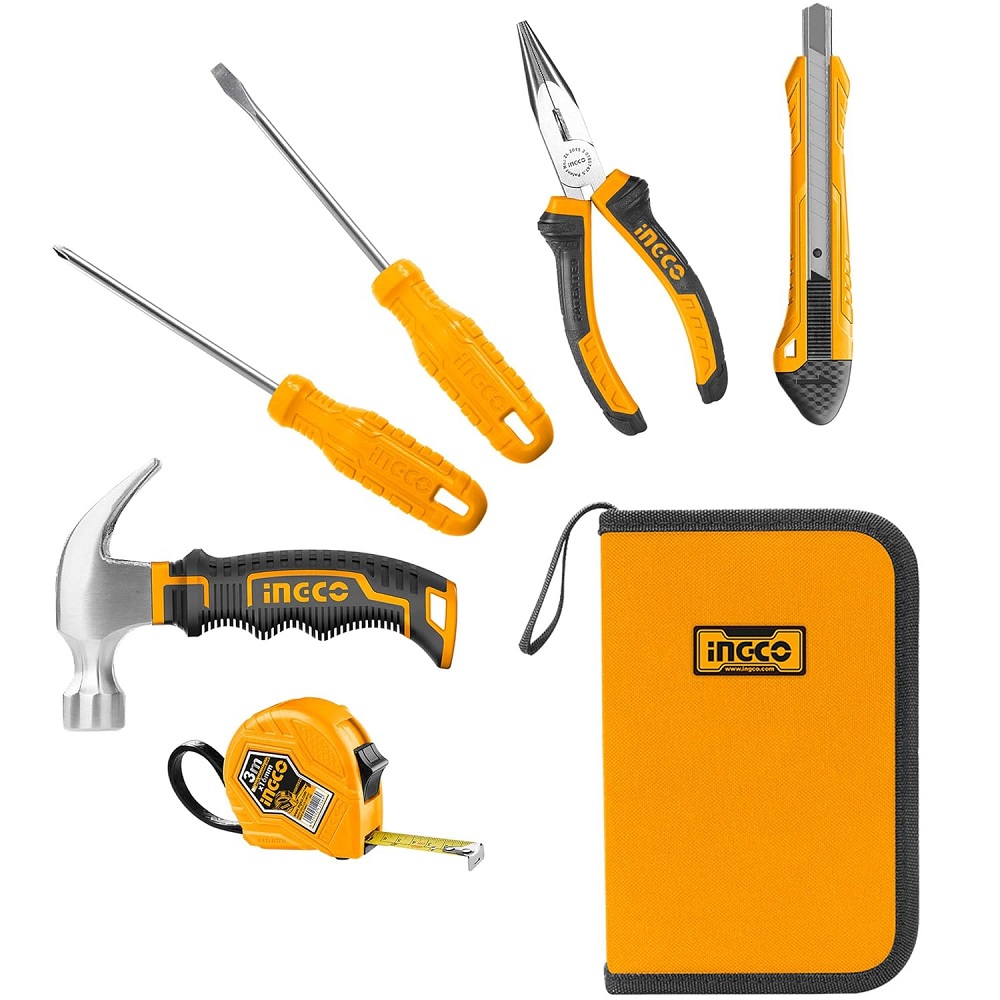
Selecting Quality Hand Tools
Research and Recommendations
Before purchasing hand tools, research is crucial. Reading reviews, consulting forums, and seeking recommendations from experienced users can provide valuable insights. Certain brands carry reputations for quality, durability, and performance, so familiarize yourself with the top names in the industry. Whether it’s a hammer, screwdriver set, or specialized tool, making informed choices will save you time and money down the road.
Consider Ergonomics and Comfort
When selecting hand tools, ergonomics and comfort should be a priority. Tools with comfortable grips and balanced designs will enable you to work for longer periods without fatigue. Look for features such as rubberized handles, anti-slip designs, and weight distribution that contribute to usability. Testing the tools in-store, if possible, can give you a sense of how they feel in hand and help you choose what works best for you.
Budgeting and Quality
Setting a budget for your toolkit is essential, but avoid compromising on quality. While some tools may be budget-friendly, investing in higher-quality options often proves worthwhile in the long run. Quality tools can withstand wear and tear, providing reliable performance. Evaluate your budget accordingly, focusing on essential tools first before branching out into specialty items.
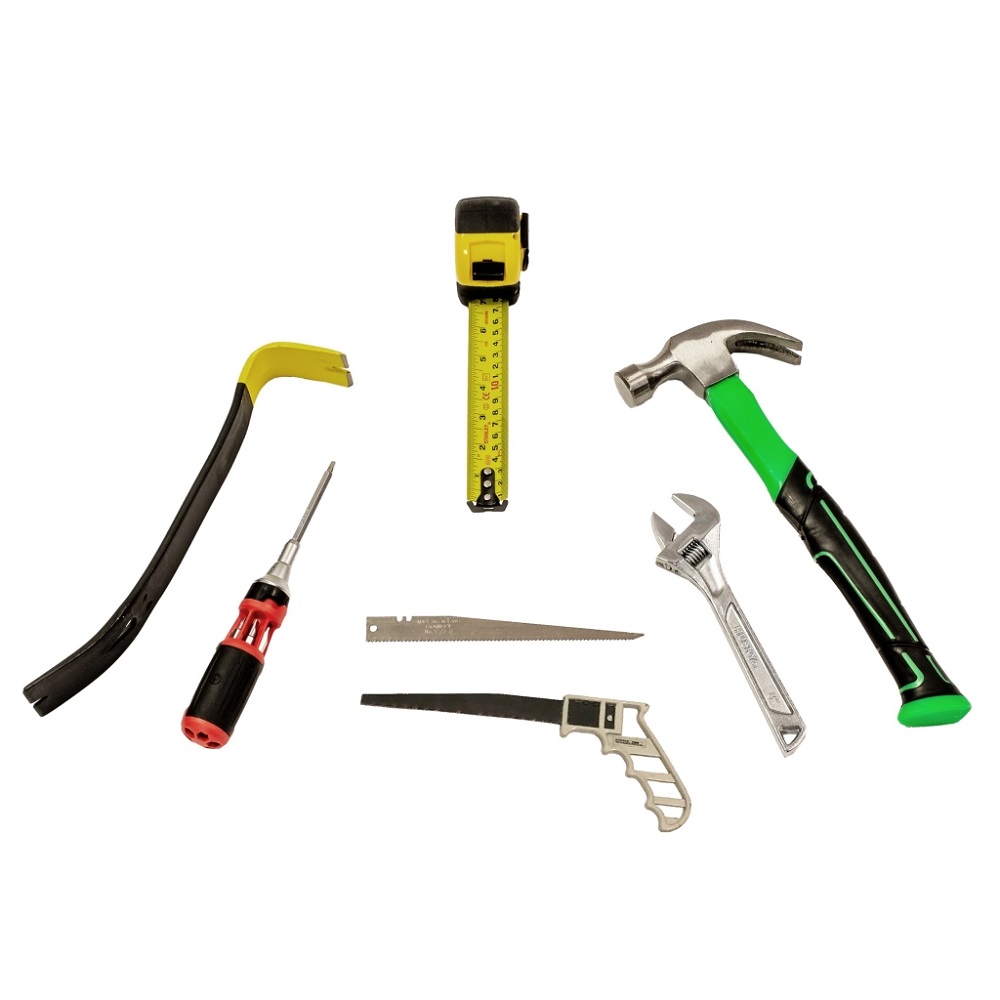
Tips for Using Hand Tools Effectively
Proper Technique
Using hand tools effectively requires proper technique. For instance, when using a hammer, grip it near the end of the handle for leverage, and strike with control to avoid missing your target. When using a screwdriver, apply pressure steadily to prevent stripping screws. Mastering these techniques leads to better results and a safer working environment. Practice is key, so developing confidence with each tool through hands-on experience is essential.
Organizing Your Workspace
An organized workspace contributes to efficient tool usage. Keep your tools clean and accessible, using toolboxes or organizers to store them safely. Clearly label sections for different tools based on type or function. This method will save time and reduce frustration when searching for specific tools during a project. A tidy workspace also fosters a productive atmosphere, helping maintain focus on the task at hand.
Maintaining Your Tools
Regular maintenance is vital for prolonging the life of your tools. Take the time to clean your tools after each use to remove dirt, grease, or debris. For metal tools, apply a light coat of oil to prevent rusting. Ensure that all moving parts are functional and lubricated. Inspect tools periodically for signs of wear and damage, and make repairs or replacements as needed. Proper care will keep your toolkit in excellent condition and ensure its reliability.
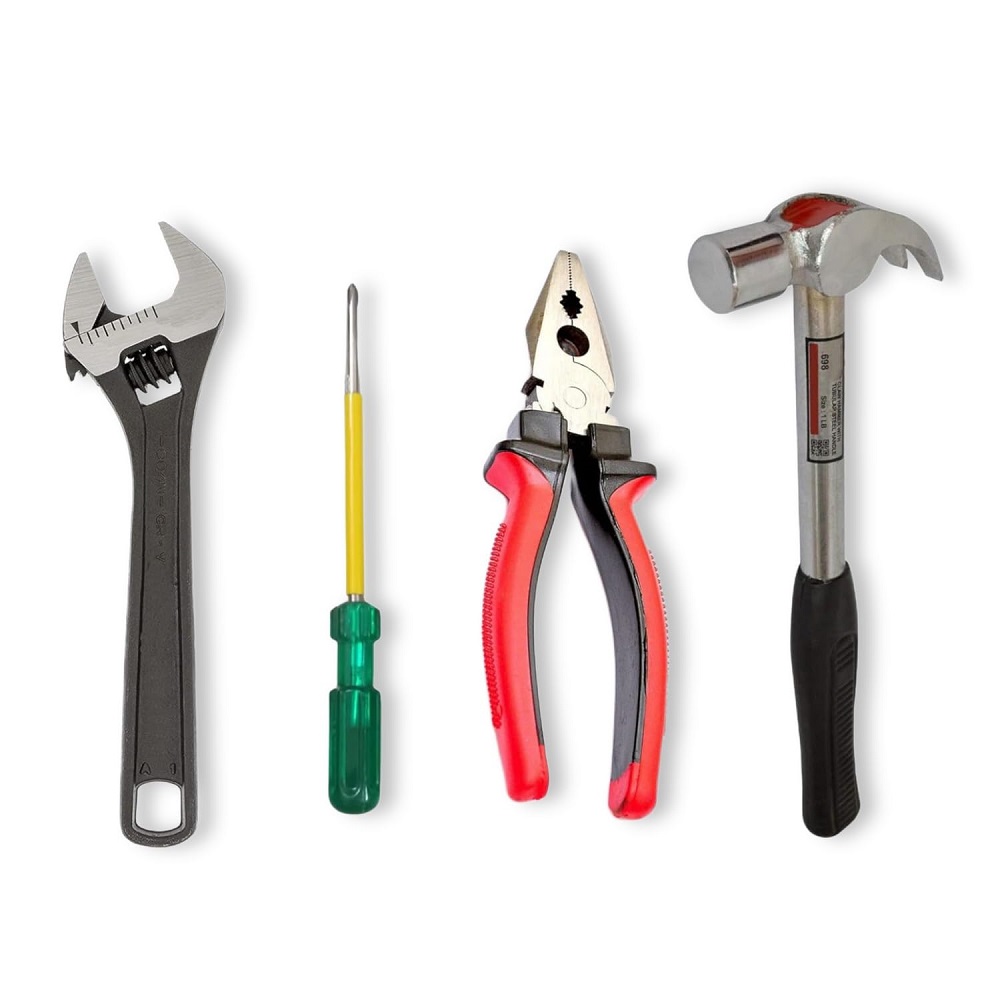
Expanding Your Toolkit Over Time
Assessing Your Needs
As you become more experienced and take on new projects, your needs may evolve. Regularly assess your toolkit to determine if additional tools are necessary. Consider any upcoming projects that may require specialized tools. By recognizing the areas where you may need more equipment, you can effectively expand your toolkit in a way that benefits your future projects.
Learning from Experience
Each project you complete will provide insights into which tools work best for you and which ones may be lacking. Take notes on what you liked and didn’t like about your experience. This feedback will enable you to make informed decisions when it comes to adding new tools to your kit. Continuous learning and reflection are essential components of becoming a skilled DIY enthusiast.
Embracing New Technologies
The world of hand tools is continually advancing, with new technologies enhancing traditional tools. Innovations such as ergonomic designs, improved materials, and multifunctional tools are becoming increasingly available. Seek out opportunities to learn about these advancements. Embracing new technologies can improve your efficiency in future projects and elevate your skills to a new level.
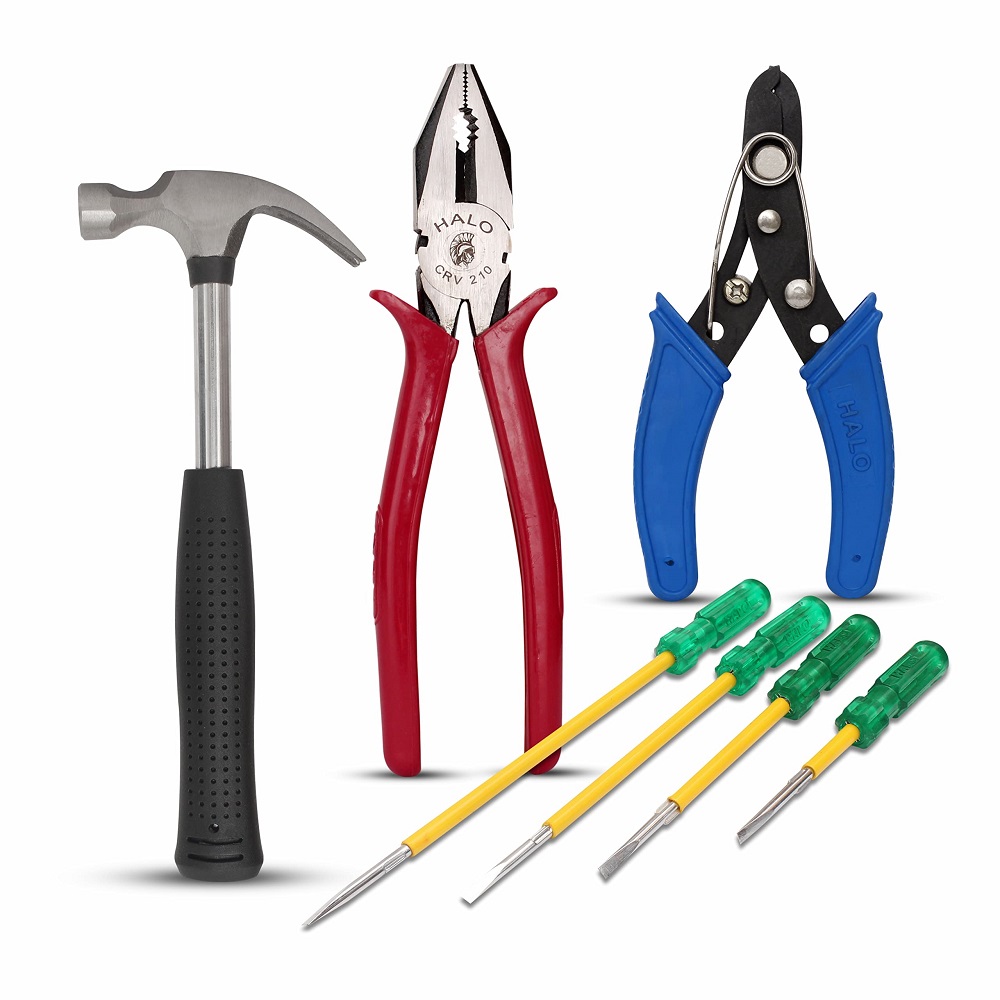
Conclusion
Building the ultimate toolkit with the right hand tools is essential for any DIY enthusiast or homeowner. With the right selection, you can tackle a variety of tasks with confidence and skill. Start with essential tools, invest in quality items, and gradually expand your collection based on your specific needs. Consider how to maintain your tools, utilize proper techniques, and keep an organized workspace to maximize efficiency.
Also, keep in mind the importance of safety when using hand tools. Always wear protective gear when necessary, and be aware of proper handling methods. By observing safety practices and using the tools effectively, you can enjoy a productive and rewarding DIY experience. With the right approach, your hand tools will empower you to take on any project with confidence, transforming your home and life one task at a time. Embrace the journey of learning and crafting, and let your toolkit reflect your unique style and abilities.
